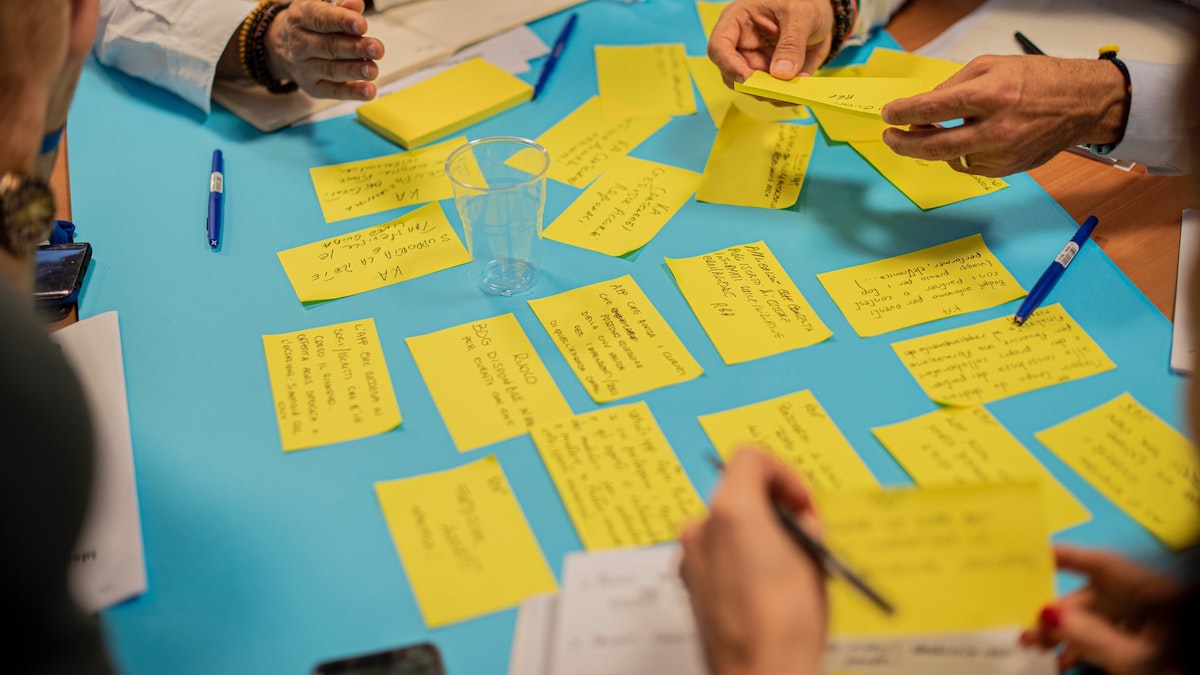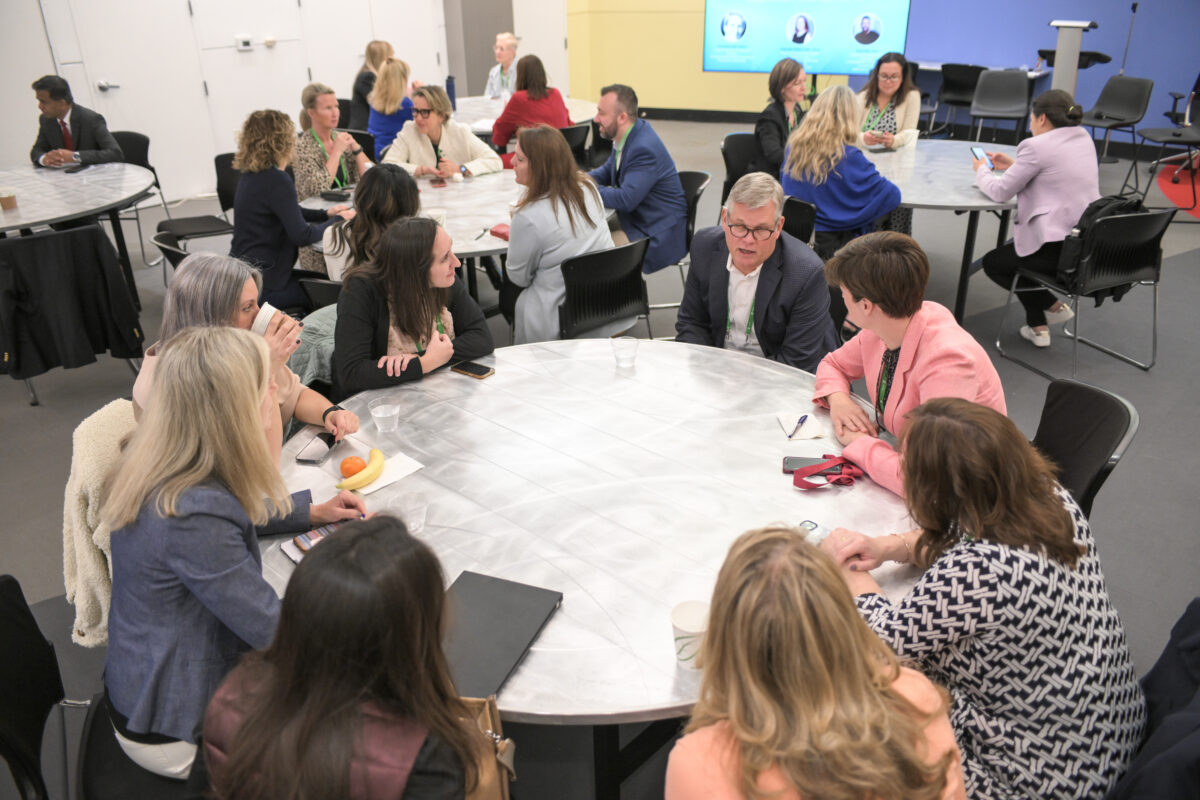Skift Take
Liz Lathan, CMP, CMO, and Cofounder of Haute Companies has crowdsourced some of the worst attendee pet peeves that are featured in the book, The Attendee Bill of Rights.
There’s no doubt that the pandemic has changed the way we all look at our work lives. Professionals in all industries are returning with the conviction that their time is valuable. Upon her return, Liz Lathan, CMP, CMO, and Cofounder of Haute Companies, realized she had some real problems with the way meetings and events are executed. She has turned that feeling into action.
Lathan crowdsourced some of the worst of the worst attendee pet peeves through her company’s LinkedIn group and created The Attendee Bill of Rights: A Guide to Creating Attendee-First Experiences, As Told by Attendees.
We caught up with Lathan to ask her about making the guide and her plans for it for the future. Here’s what she had to say.
What led you to create this guide?
Since my return, I’ve been going to a lot of events to re-network with colleagues and meet the new faces of the industry after the Great Reshuffle. I discovered that many of the events I was attending had actually gotten worse than they were pre-pandemic. Most event organizers have neglected to pay attention to the new state of mind of attendees and have just recreated events just like they used to be. But we have changed. And our events should too.
What were the biggest surprises from the responses you received?
My biggest surprise from the responses has been that it confirms what I’ve been experiencing at the events I’m attending: People all want the same thing — to be around each other. They want to talk, they want to commiserate, they want to share, and they want to help each other. And yet the agendas are lots of keynote presentations trying to inspire them into action or addressing burnout. And while many of these events have expanded their coffee break to 30 minutes instead of 15, they are not helping to facilitate the conversations that the attendees want.
Why do you feel this project resonated so much with event professionals?
I think that event professionals are stretched pretty thin right now. Colleagues are quitting; our inputs come from at least seven different channels — SMS, email, WhatsApp, video conferences, phone calls, LinkedIn messages, Facebook Messenger, and Instagram DMs.
To further complicate the job, we’re not just planning in-person events; we’re planning hybrid strategies, digital experiences, full-funnel audience acquisition, and follow-up. We’ve become copywriters, digital marketing experts, and contract negotiation gurus.
And yet we still have to review the BEOs (banquet event orders) to make sure that the breaks are timed appropriately. So I think we all understand how stressed everyone is, yet collectively, we know that we can’t just phone it in. Most of the people who answered my question were event professionals, and their time is extremely valuable because they are actively running lots of programs and are stepping away to participate in something. The keyword that I kept hearing from everyone is that they want to participate. If you put them in a room and tell them to just listen to something, they’re going to be on their phone working.
What does this say about how we used to plan events and how we should plan them in the future?
When people are giving you their most valuable resource – their time – to come to one of your events in person, you have to ensure that attendees get what they need from it. The suppliers need relationships and new business. The brands and associations need education and conversation with peers, and the opportunity to discover new suppliers.
We can no longer prioritize the standard way of giving a sponsor their hour on stage and thinking that’s the best use of everyone’s time and money. We’ve had two years to just think differently about how we should gather. While we don’t need to reinvent everything from the ground up, we can do better. We must do better. We will do better.
Will you be creating part two?
Yes. And maybe part three and part four. I’m really enjoying getting feedback from our community and sharing those insights more broadly. I think it’s fun for me and for them.





